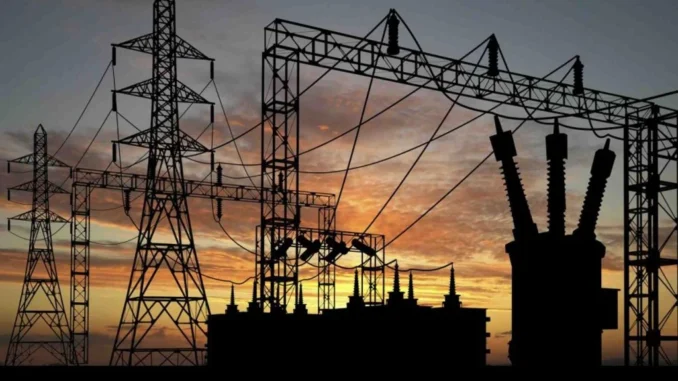
By Divine Sam
The Nigerian power sector faced significant challenges in 2024, continuing the struggles that have plagued it since privatization in 2013. Three key issues dominated the year: substantial electricity tariff hikes, frequent grid collapses, and widespread vandalism of critical infrastructure.
In April 2024, electricity tariffs for Band A customers surged by over 200%, raising the cost from N66 to N225 per kilowatt-hour. This move was unpopular and added to the financial burden of households already grappling with inflation, although it boosted revenue for distribution companies.
Electricity generation also failed to meet expectations, remaining below 5,000 megawatts, far from the government’s target of 6,000 MW by the end of 2024. Power Minister Adebayo Adelabu attributed the shortfall to widespread vandalism of transmission infrastructure.
The most alarming issue was the rampant vandalization of Transmission Company of Nigeria (TCN) facilities, which contributed to at least 13 national grid collapses, plunging parts of the country into darkness. This disruption affected 19 northern states and parts of Rivers and Bayelsa states, with outages persisting throughout the year, especially in the Niger Delta.
However, amidst these challenges, there was some optimism with the liberalization of the sector under the 2023 Electricity Act. This legislation granted oversight powers to eight states, allowing them to take a more active role in regulating electricity operations, which could bring improvements in the future.
Looking ahead to 2025, the tariff hike and persistent issues are expected to continue unsettling the sector, according to economic experts. Despite these setbacks, the regulatory changes offer a potential path forward for Nigeria’s beleaguered power sector.